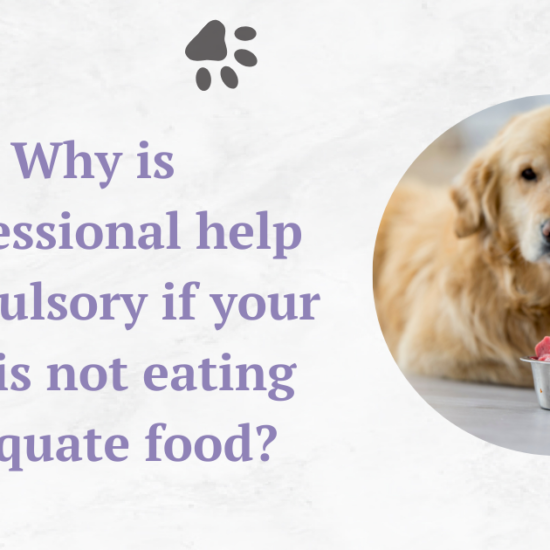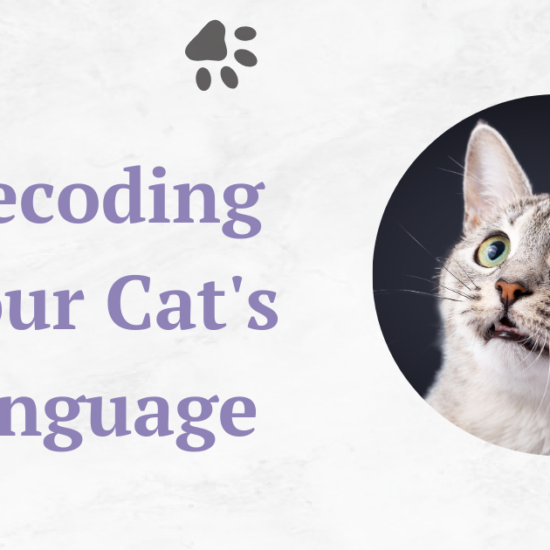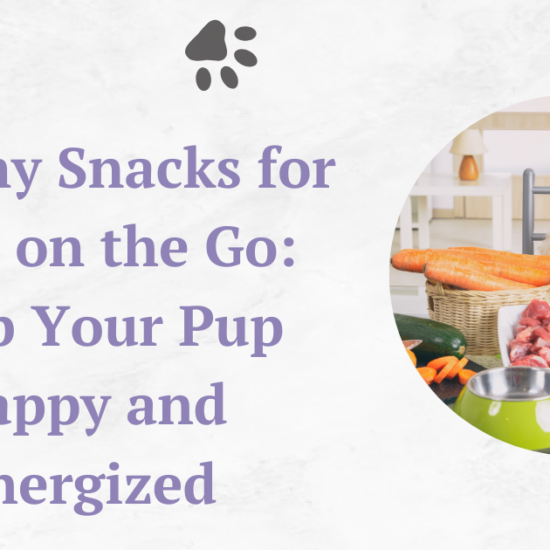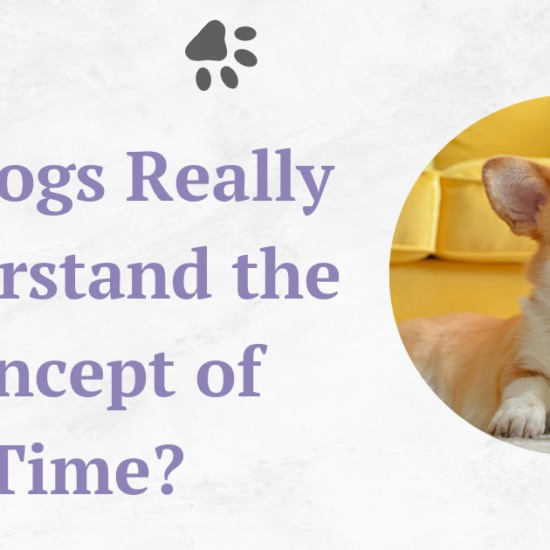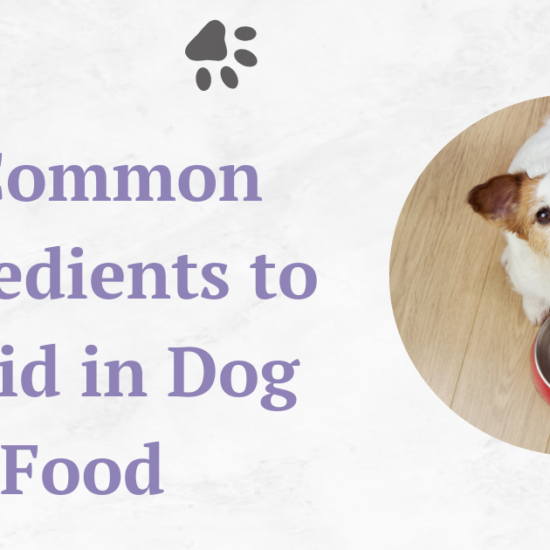We, as pet owners, know how critical it is to give our pets the best care possible. Their diet is an important part of their overall health. Although store-bought pet food saves time and effort, its nutritional value isn’t always guaranteed.
Table of Contents
Introduction
There is definitely a need for homemade pet food. Making your pet’s food at home gives you the chance to select the highest quality ingredients and cater to their individual dietary requirements. In this post, we’ll dig into the world of homemade pet food, discussing the benefits of feeding your pets fresh, homemade pet food recipes, and also providing you with many important cooking tips for homemade pet food.
The Advantages Of Homemade Pet Food
Due to the possible health benefits for our pets, homemade pet food has become increasingly popular in recent years. The following are some benefits:
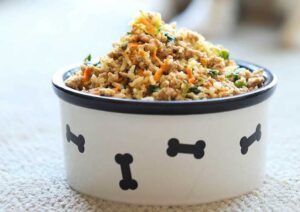
Quality Assurance
The condition of your pets’ health is directly related to the food they eat. Making your own pet food gives you complete control over what goes into your pet’s meals. When you cook for your pet at home, you get to choose each component, as opposed to the random assortment seen in commercial pet food.
Avoiding synthetic additives, preservatives, and fillers that are often included in commercial options is a major benefit of this stringent quality control. These ingredients aren’t necessarily beneficial to your pet’s health and may even be harmful in the long run. If you make your pet’s food yourself, you can ensure that it’s full of healthy, natural ingredients.
However, a middle ground must be found. While it’s important to keep your pet’s food free of potentially dangerous additives, it’s just as important to make sure it’s still balanced and nutritious. Getting tips for homemade pet food from a vet or pet nutritionist can help you create healthy, well-balanced meals while taking advantage of quality control measures.
Personalization
Age, breed, exercise level, and health issues are just a few of the variables that can affect a pet’s specific nutritional needs. One major benefit of homemade pet food is that you can tailor it to your pet’s individual dietary requirements.
If your dog is active and playful, for instance, you can make modest adjustments to their home-cooked diet, such as giving them a bit more protein. On the other hand, an elderly cat with food allergies may do better on a special diet designed to avoid certain substances. Personalized pet food isn’t only about satisfying picky eaters; it’s also about meeting your pet’s unique nutritional needs so they may thrive.
Preventing Allergies and Other Sensitivities

Animals are just as susceptible to food allergies and sensitivities as humans are. These difficulties might emerge as a variety of unpleasant symptoms, such as gastrointestinal distress, skin irritation, and an overall diminished quality of life. It can be difficult to discover appropriate solutions for pets with allergies because commercial pet diets may contain allergens that cause these reactions.
When it comes to allergies, homemade pet food might be a lifesaver for your pet. If you cook for your pet from scratch, you can avoid using processed ingredients that are common allergens and irritants. In addition, you can provide for their nutritional needs with substitute substances that won’t cause reactions. Your pet will be healthier and happier in general if they can eat without suffering the negative effects of their allergies.
Improved Nutrition and Flavor

The importance of freshness in food is not limited to human consumption; the same holds true for the diets of our pets. When making homemade pet food, you have the added benefit of controlling the quantity and shelf life of the ingredients. This newness has various advantages that are good for your pet’s health.
When making smaller batches, you can reduce or eliminate the use of chemical preservatives that are commonly found in conventional pet food. Sometimes the nutritional value of food is diminished by the use of these preservatives. Homemade pet food is guaranteed to have the highest nutrient density due to the natural freshness of the ingredients.
Second, because there is less time between the start of preparation and the start of eating, the ingredients’ original flavors and textures are better preserved. Pets with refined palates may find this extremely appetizing. Your pet will likely look forward to mealtime more if you prepare their food at home using fresh ingredients, thanks to the improved flavor and aroma.
Bonding
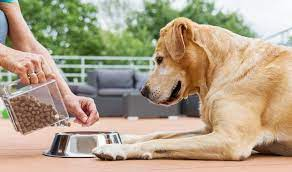
One of the greatest joys of owning a pet is nurturing that special link between you and your pet. A strong and fulfilling relationship is built on the foundation of shared happiness, comfort, and caring. Making your pet’s food from scratch is a special way to bond with them and give you both something in common.
Preparing food for your pet is an act of love and devotion on your part. In doing so, we must give careful attention to their individual nutritional requirements, tastes, and general health and happiness. This physical act of love can help you and your pet bond more deeply and provide priceless moments of shared experience.
Homemade pet food is a great way to bond with your pet and show them how much you care. This can foster a feeling of belonging and participation, strengthening your connection with that person. Seeing your pet enjoy the food you prepared for them will give you a sense of accomplishment beyond the physical nourishment you provided.
Nutritional Tips For Homemade Pet Food
A healthy diet for your pet requires that you first have a firm grasp on the following nutrients:
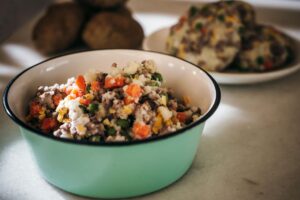
Protein is Essential
Protein is the backbone of a pet’s diet since it is essential for many processes in the body. For dogs, lean meats like chicken, turkey, beef, and fish offer numerous health benefits. These meats provide a lot of high-quality proteins, which help with building muscle and repairing damaged tissue. Enzymes and hormones, both essential for the health of a pet, can’t be made without protein.
Obligate carnivores like cats have specific nutritional requirements, with an emphasis on proteins derived from animal sources. Taurine, a necessary amino acid for a cat’s heart and eyesight, is provided by these proteins. Protein is essential for your cat’s health and vitality, so make sure to include sources like chicken, beef, and fish in his or her diet.
Carbohydrates
Carbohydrates provide a source of quick energy and aid in digestive function because of the fiber they contain. A pet’s everyday activity and vitality can be supported by selecting healthful carbs such as brown rice, quinoa, and oats.
Even though they are carnivores, canines, and felines perform well on diets that include some carbohydrates along with protein. Carbohydrates like those found in sweet potatoes and peas are a great way to increase your intake of vitamins, minerals, and fiber. This fiber improves digestion, which in turn supports gastrointestinal health and regular bowel motions.
Good Fats
The value of healthy fats for a pet’s overall health and well-being cannot be overstated. Your pet’s skin, coat, and immune system will all benefit from these fats, which are necessary for many body processes. A healthy balance of omega-3 and omega-6 fatty acids can be achieved by adding oils like fish oil, flaxseed oil, and olive oil to homemade pet food.
Fish oil is a good source of omega-3 fatty acids, which help reduce inflammation and are good for your joints. These fats help keep your mind sharp and may even aid in keeping your heart healthy. Oils rich in omega-6 fatty acids, such as flaxseed and olive oil, can help your pet’s skin stay supple and its coat look shiny.
Vitamins and minerals
Natural sources of vitamins and minerals, such as those found in fruits and vegetables, are crucial to the well-being of your pet. The body benefits from the wide range of nutrients provided by a diet that includes a wide range of colorful, nutrient-dense foods.
Vitamins A, C, and K, as well as minerals like iron and calcium, can be found in dark greens like spinach and kale. Carrots are high in the antioxidant beta-carotene, which helps maintain healthy eyes and a robust immune system. Antioxidant-rich blueberries help protect cells from damage and fight off free radicals. The high fiber content of pumpkin aids digestion and keeps bowels regular.
Calcium
Calcium, a crucial mineral, is required for the growth and maintenance of healthy teeth and bones. In order to prevent bone-related problems, adequate calcium consumption is particularly important throughout periods of growth and later in life. Calcium can be supplemented in a dog’s diet with pulverized eggshells or dairy products like plain yogurt or cottage cheese.
Since cats have specific dietary requirements, extra care must be taken to ensure they get enough calcium. Calcium addition to homemade pet food is a matter best discussed with a vet. Calcium plays an important role in bone health, warding off diseases like osteoporosis and guaranteeing your pet’s well-being as a whole.
Easy Homemade Pet Food Recipes
Recipe 1: Chicken and Tuna Feast
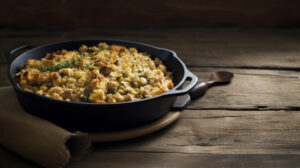
Ingredients:
1/2 cup cooked chicken (shredded)
1/4 cup cooked quinoa
2 tablespoons cooked liver (chopped)
1/4 cup cooked peas
1 teaspoon fish oil
1/4 teaspoon taurine supplement
Instructions:
Mix shredded chicken, cooked quinoa, chopped liver, and peas in a bowl.
Add fish oil and taurine supplements, then thoroughly combine all ingredients.
Serve an appropriate portion size based on your pet’s weight and activity level
Recipe 2: Salmon and Pumpkin Delicacy
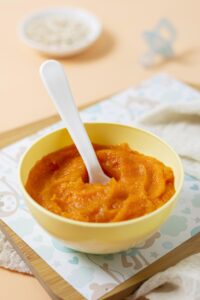
Ingredients:
1/2 cup cooked salmon (flaked)
1/4 cup cooked pumpkin (mashed)
1 tablespoon cooked carrots (finely chopped)
1/4 teaspoon fish oil
1/4 teaspoon taurine supplement
Instructions:
Combine flaked salmon, mashed pumpkin, and finely chopped carrots in a bowl.
Drizzle with fish oil and add taurine supplements, mixing well.
Serve the correct portion size based on your pet’s size and activity level.
Cooking Tips For Homemade Pet Food
Consult A Vet Before You Start

The most important of all the tips for homemade pet food is consulting a vet before you start. Consultation with a veterinarian is a cornerstone of ethical pet care, especially before experimenting with homemade pet food. When it comes to your pet’s health and happiness, your veterinarian plays a crucial role. Seek their advice before making any drastic adjustments to the pet’s diet. Depending on their age, size, breed, and health, pets have different needs. A vet’s advice will be tailored to your pet, so you can rest assured that the change in diet will be both healthy and stress-free.
Note: There might be affiliate links mentioned here. We may receive a commission if you purchase a product through an affiliate link. There is no additional charge for you. Please do your own research before making any online purchases.
Nutritious Wholesomeness with a Well-Rounded Diet
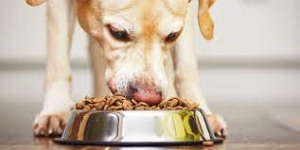
The next important tip for homemade pet food is cooking meals with a well-rounded nutritional profile. A balanced diet that includes protein, carbs, healthy fats, vitamins, and minerals is essential for the health of your pet, just as it is for you. Your pet’s vitality, immunity, skin and coat health, and other aspects of wellbeing depend on each of these factors.
When planning your pet’s diet, it’s important to keep the principle of “balance” in mind. This means that no single food item should take precedence over the others. Lean meats as a source of protein should make up an adequate portion, along with other properly selected carbs and healthy fats. Maintaining this equilibrium will guarantee that your pet always has access to the nutrients they require.
Variety Is The Spice Of Life
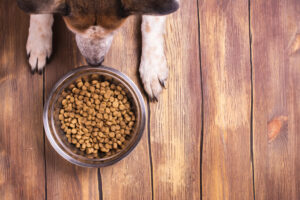
Your pet’s nutrition is just as important to their health as your own, and variety is the spice of life. Both humans and pets can benefit from eating a wide variety of foods. By varying the proteins they eat and including a wide variety of fruits and vegetables, you may enrich their diet with new tastes, textures, and nutrients. This helps break up the monotony of eating the same thing every day and delivers a wider variety of nutrients.
Keep your pet’s nutritional preferences and intolerances in mind while you experiment with new foods. Keep track of how they respond to various foods, both positively and negatively. By serving a wide variety of foods, you may satisfy your pet’s ever-changing palate while still providing a nourishing meal.
Managing Portions
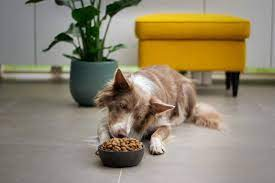
When making homemade pet food, portion control is essential. Both overfeeding and underfeeding can have negative effects on your pet’s health. Determine the proper serving size by discussing breed, age, activity level, and weight objectives with your veterinarian.
Each creature is different, and you should not treat its requirements based on assumptions or broad standards. Giving your pet the right amount of food will prevent them from having to work too hard to digest the food. Don’t forget to include treats and snacks in their daily calorie count to ensure they’re getting enough of everything.
Cooking Methods That Preserve Nutrient Value
The nutrient retention of homemade pet food is highly dependent on the method of preparation. The methods of cooking play a crucial role in maintaining the nutritional value of the ingredients. Cooking methods including boiling, baking, and steaming are preferred because they kill harmful bacteria without destroying beneficial nutrients.
Water-soluble vitamins and minerals are less likely to be lost during cooking when food is boiled in water. While ensuring that products are safe to eat, baking and steaming preserve their inherent flavors and textures. Seasonings, spices, and salts should be used sparingly, as pets have a more delicate palette than people. In order to prepare a healthy and nutrient-rich homemade pet food, it is best to stick to basic cooking methods.
Safety Concerns

When making homemade pet food, you must never compromise on food safety. Your pet’s food preparations should follow the same standards of cleanliness as your own. Before and after working with pet food ingredients, be sure to thoroughly clean your hands, tools, and work surfaces. To avoid getting human food germs on your pet’s food, always use a dedicated cutting board and cutlery just for their meal.
It’s also important to carefully preserve raw materials to avoid bacterial development and deterioration. Keep perishables fresh by storing them in the fridge or freezer as soon as possible. It’s important to keep your pet’s food and water bowls clean to avoid the growth of bacteria. By taking these precautions, you can reduce the likelihood that your pet will become ill from eating contaminated food.
Protection From Harmful Foods
To protect your pet’s health, you must be aware of what kinds of foods to avoid feeding them. There are human foods that should never be included in homemade pet food since they are hazardous to animals. Some examples are xylitol-containing foods, including chocolate, grapes, raisins, onions, garlic, and other sugar alcohols. The adverse health effects of these chemicals range from digestive problems to organ failure.
It’s crucial that you learn all you can about the foods that can be harmful to your pet. Avoid any potential for accidental ingestion by keeping these things out of reach. Careful attention to ingredient choice is a crucial part of pet health protection.
Nutritional Completion Through Supplements
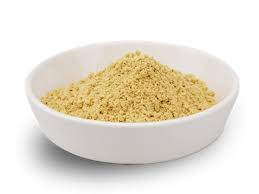
Homemade pet food can supply the majority of vital nutrients; however, supplements may be required in some cases. A vet’s advice, customized to your pet’s individual needs, is essential when considering supplementation.
Supplements are not meant to substitute for a healthy diet but can help with some nutritional gaps or health issues. Supplements are common, and many people take omega-3 fatty acids for joint health, probiotics for digestive health, and multivitamins to make sure they’re getting what they need nutritionally. Choose supplements only if suggested by your vet, and be sure to give them the right amount.
FAQs
Why should I prepare homemade pet food?
One may control the quality of the ingredients used in making homemade pet food, tailor it to the specific dietary requirements of their pet, and possibly save their pet from the allergens and additives present in commercial pet diets.
What are the nutritional tips for homemade pet food?
Protein, carbs, healthy fats, vitamins, and minerals should all play important roles in your pet’s diet. To ensure your pet is getting proper nutrition, talk to your vet or a pet nutritionist.
Is it okay to give my pet the same food I eat?
No, There are human foods that should never be fed to your pet since they are hazardous to animals. Some examples are xylitol-containing foods, including chocolate, grapes, raisins, onions, garlic, and other sugar alcohols. The adverse health effects of these chemicals range from digestive problems to organ failure.
How can I be sure my pet is getting adequate protein?
Chicken, turkey, beef, and fish are all great protein choices for dogs because they are lean. As obligate carnivores, cats have certain nutritional requirements that can only be met by eating animal products like meat and fish.
Do pets need to eat carbohydrates?
Pets can benefit from the energy and fiber found in carbohydrates. Include healthy foods like sweet potatoes and peas in your pet’s diet, as well as whole grains like brown rice, quinoa, and oats.
Can I feed my pet a balanced diet that includes fresh produce?
Fruits and vegetables do provide us with some necessary nutrients. Vegetables and fruits like pumpkin, blueberries, and pumpkin seeds are fantastic additions to your pet’s diet.
What precautions should I take while preparing homemade pet food?
Keep your food safe by using the same level of hygiene you would when cooking for humans. Properly storing ingredients and promptly refrigerating or freezing leftovers will help keep your pet from getting sick.
Which ingredients should I avoid while preparing homemade pet food?
Chocolate, grapes, onions, garlic, and anything sweetened with xylitol are all bad for pets. To ensure the health of your pet, you should learn about and avoid certain components.
Can I give my pet supplements with homemade food?
Only when prescribed by a veterinarian can supplements be given. If you suspect that your pet has a nutritional deficiency or is experiencing health problems, you should immediately consult a vet.
Can I build a relationship with my pet by feeding it homemade pet food?
Making your pet’s food from scratch is a loving and considerate gesture that strengthens your bond with your animal companion. Including them in your daily activities and feeding them special meals will surely strengthen your emotional connection.
Conclusion
Making homemade pet food is a great way to demonstrate your concern for their health and happiness. You may improve their health and happiness by making delicious, healthful meals that are specifically designed for them. Don’t forget to get your vet’s advice, learn what your pet needs in terms of nutrition, and play around with different recipes to create a balanced diet for your pet. Preparing homemade pet food that will have your furry friends waving their tails and purring with happiness can be a rewarding experience if you put in the time and effort.





